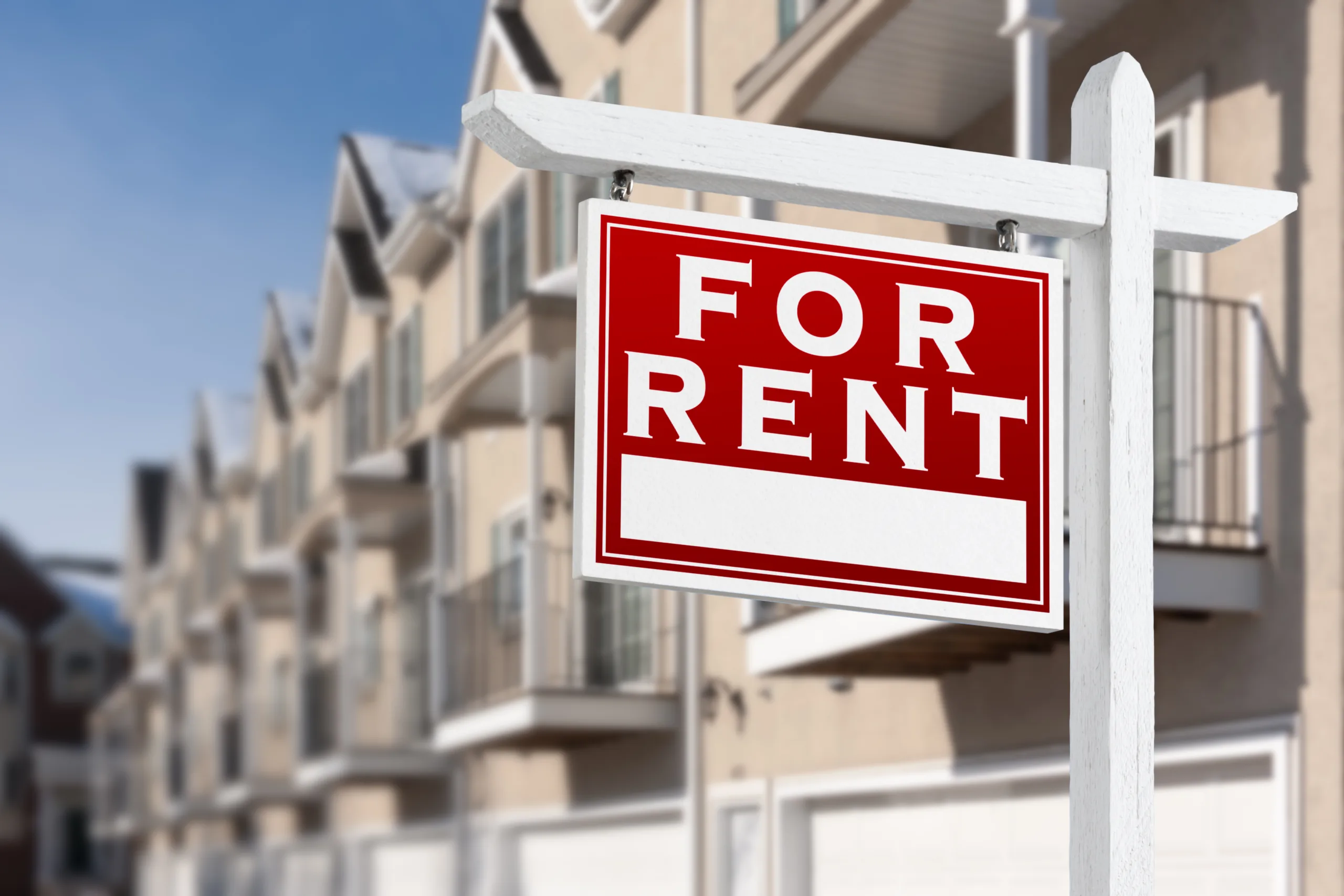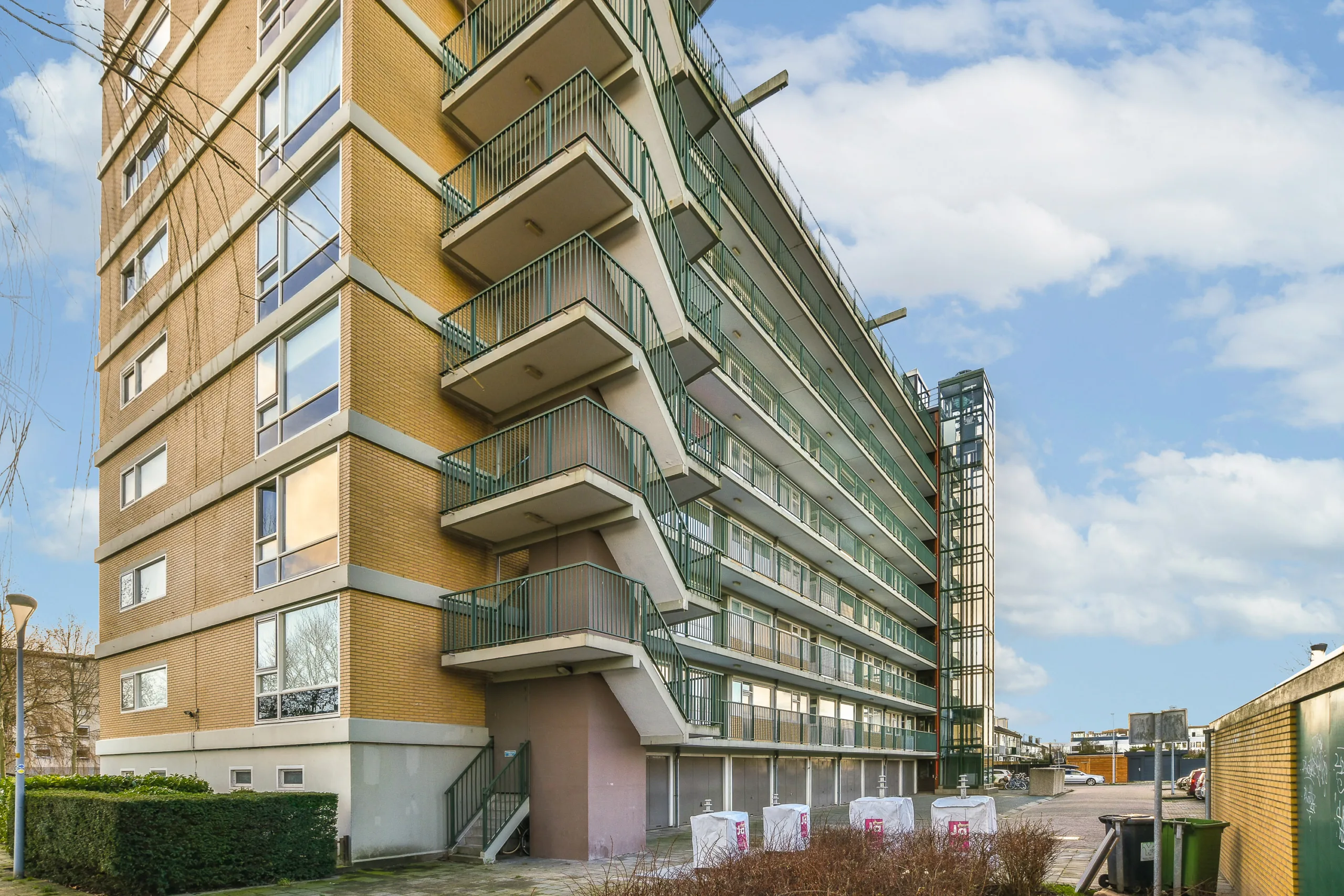- The Trump administration’s tariff policies are driving up data center development costs, with the potential to push some US-based projects abroad.
- Tariffs on imported materials and equipment could add over $1M per megawatt to development costs, with uncertainty in trade policy compounding supply chain challenges.
- Developers and tenants are reevaluating procurement strategies and locations, with international markets looking more attractive for flexible workloads.
New Tariffs, New Math
The Trump administration’s aggressive tariff strategy is putting pressure on data center developers already grappling with supply chain bottlenecks, reports Bisnow. The tariffs — including a 10% blanket import tax and steeper rates for key inputs like steel, aluminum, and electrical components — could raise construction costs by more than $1M per megawatt, per McKinsey & Co. That’s roughly a 10% increase over 2024.
Strained Supply Chains Buckle Further
The data center sector’s global supply chain, already strained by long lead times and component shortages, is struggling to adapt. Developers are now rethinking procurement strategies and attempting to shift sourcing to US manufacturers — an option often limited by capacity and cost. With roughly 75% of electrical and mechanical systems sourced internationally, the price hikes are difficult to avoid.
Get Smarter about what matters in CRE
Stay ahead of trends in commercial real estate with CRE Daily – the free newsletter delivering everything you need to start your day in just 5-minutes
Decision-Makers Weigh International Options
While the tariffs could encourage some supply chain onshoring, many industry leaders say they’re more likely to drive projects overseas. According to experts speaking at Bisnow’s DICE: National event, data center builders are re-prioritizing international options for workloads that don’t need to be US-based.
“It’s really gumming up the works,” said Regnaw Capital CEO Anthony Wanger. Developers are scrambling to reroute equipment shipments, renegotiate vendor deals, and reallocate project budgets as they navigate volatile trade policies.
The Bottom Line
The US has historically been the cheapest place to build data centers. But if tariffs stay in place, that edge may disappear — particularly for secondary or AI-focused builds with fewer location constraints. Hyperscalers are already reconsidering sites, with some projects now being force-ranked out of the US altogether.
Looking Ahead
Tariff-related challenges may not disrupt major hubs like Northern Virginia or Silicon Valley in the short term. However, secondary markets like the Midwest could see project deferrals or relocations. As cloud and AI workloads grow globally, flexibility in siting could make international builds increasingly attractive — shifting not only capital, but long-term capacity planning strategies abroad.

















